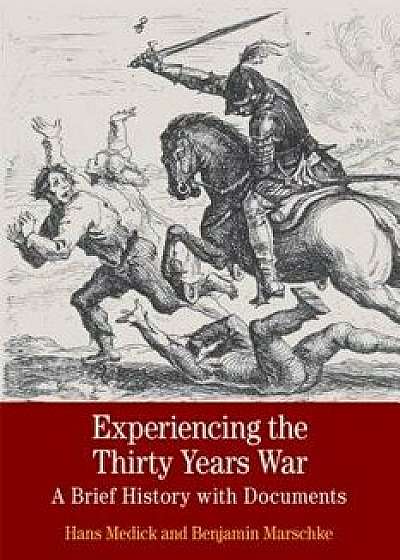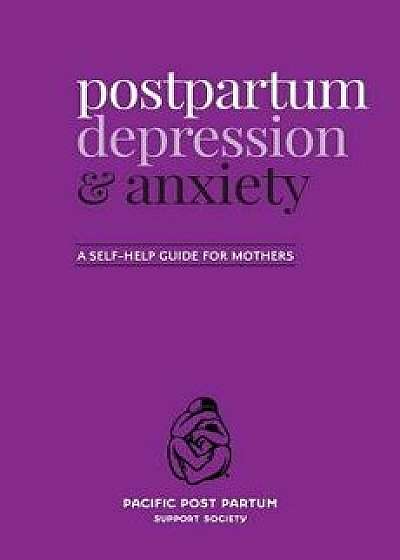
Experiencing the Thirty Years War: A Brief History with Documents, Paperback/Hans Medick
Descriere
One of the most momentous and destructive wars in European history, the Thirty Years War has long been studied for its diplomatic, political, and military consequences. Yet the actual participants in this religiously motivated, seemingly endless conflict have largely been ignored. Hans Medick and Benjamin Marschke reveal the Thirty Years War from the perspective of those who lived it. Their introduction provides important insights into the roiling religious and political landscape from which the war emerged, as well as a thoughtful examination of the war's stages and enduring significance. An unprecedented collection of personal accounts, many of them translated for the first time into English, combine with visual sources to convey directly to students the experience of early modern warfare. Incisive document headnotes, maps and illustrations, a chronology, questions to consider, and a bibliography enrich students' understanding of this fateful war. About the Author: Hans Medick (D. Habil., University of Goettingen) is retired professor of modern history at the University of Erfurt. An internationally renowned scholar who helped to create the field of historical anthropology, Medick has published widely on the history of early modern Europe and on the connections between large historical events and personal experience. He is the author of many books, including Weaving and Surviving at Laichingen 1700-1900: Local History as General History and he is co-editor of, with Benigna von Krusenstjern, Between Everyday Life and Catastrophe: The Thirty Years War from Up Close, and, with Claudia Ulbrich and Angelika Schaser, Ego Document and Personhood: Transcultural Perspectives. Benjamin Marschke (Ph. D., University of California, Los Angeles) is associate professor of history at Humboldt State University. A specialist in early modern German history, Marschke has contributed to numerous publications and is the author of Absolutely Pietist: Patronage, Factionalism, and State-Buildi





